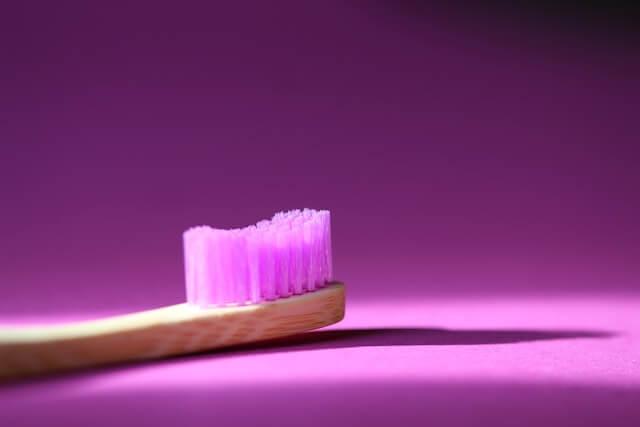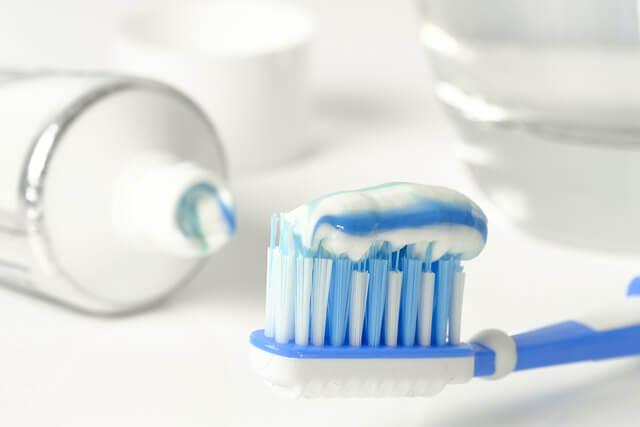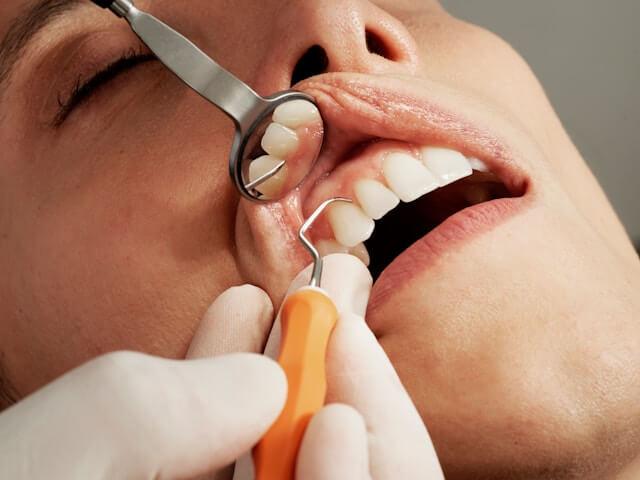
Maintaining good oral hygiene is more than just achieving a bright, confident smile. It's the cornerstone of your overall dental health and well-being.
At Queens Emergency Dental, we understand that neglecting your oral care can have significant consequences, both in your mouth and for your entire body. This article will explore the effects of not brushing your teeth, outlining the immediate, short-term, and long-term repercussions of neglecting this crucial habit.
Oral hygiene encompasses the practices that keep your mouth clean and healthy. This includes brushing your teeth twice daily, flossing at least once a day, and maintaining a healthy diet. Brushing removes food particles, plaque, and bacteria that accumulate on your teeth and gums.
Flossing reaches areas between teeth that a toothbrush cannot, further eliminating debris and preventing gum disease. By understanding what happens when you don't brush your teeth, you can make informed decisions about your oral health and prioritize good habits.
The effects of skipping your daily brushing routine become apparent quite quickly. Here are some of the immediate consequences you might experience:
Food particles left behind after meals decompose and harbor bacteria, leading to the production of unpleasant odors. This condition, known as halitosis or bad breath, can significantly impact your social interactions and self-confidence.
Plaque is a sticky film that forms on your teeth when food particles mix with saliva and oral bacteria. Brushing removes plaque, but without regular cleaning, it continues to build up, creating a breeding ground for further bacterial growth.
Plaque and food stains can discolor your teeth, leading to a yellowing or browning effect. This not only affects aesthetics but can also be a sign of underlying dental issues.
If you continue to neglect brushing your teeth, the initial effects can quickly progress into more serious problems:
Over time, plaque hardens into a mineralized deposit called tartar, also known as calculus. Tartar is much more difficult to remove than plaque and requires professional dental cleaning.
As plaque and bacteria accumulate, they produce acids that erode tooth enamel. This erosion creates cavities, which are small holes in your teeth that can cause significant pain and sensitivity.
The constant presence of bacteria irritates the gums, leading to inflammation, redness, and bleeding. This stage of gum disease, called gingivitis, is reversible with proper dental care.
Chronic neglect of your oral hygiene can lead to severe dental problems down the line:
Untreated gingivitis can progress to periodontitis, a severe infection that damages the gum tissue and bone supporting your teeth. Periodontitis can lead to loose teeth and even tooth loss.
Untreated cavities can become larger and deeper, eventually reaching the pulp of the tooth and causing severe pain. In extreme cases, abscessed teeth may require extraction.
The combined effects of gum disease and tooth decay can lead to permanent tooth loss. Missing teeth impact not only aesthetics but also affect one's ability to chew properly.
The effects of poor oral hygiene extend beyond your mouth. Research suggests a link between gum disease and various systemic health conditions, including:
The consequences of neglecting your oral hygiene can extend beyond your physical health, impacting your emotional well-being and social interactions:

The good news is that most of the negative effects of not brushing your teeth can be prevented by practicing good oral hygiene:
Brushing your teeth twice daily for two minutes with a fluoride toothpaste is crucial. Flossing at least once a day removes plaque and debris from between teeth. Queens Emergency Dental recommends using a soft-bristled toothbrush and a gentle flossing technique to avoid damaging your gums.
It's essential to arrange regular dental appointments and cleanings with your dentist, ideally every six months. These visits enable the early identification and treatment of potential issues, preventing them from developing into more severe conditions.
Using the correct brushing technique ensures thorough cleaning and minimizes damage to gums. Consult your dentist at Queens Emergency Dental for guidance on proper brushing techniques. They can also recommend appropriate dental hygiene products based on your individual needs.
There are several common misconceptions surrounding oral hygiene. Here's why some practices are not effective substitutes for proper brushing:
At Queens Emergency Dental, we understand the significant impact oral hygiene has on your smile and overall well-being. We're dedicated to providing exceptional dental care to residents throughout Queens, NYC. From routine cleanings and preventive care to addressing dental emergencies, our team of experienced dentists is here to help you achieve and maintain optimal oral health.
Don't let the negative effects of not brushing your teeth compromise your smile or health. Schedule an appointment at Queens Emergency Dental today!
Take charge of your oral health and experience the confidence that comes with a healthy smile.

Maintaining good oral hygiene is essential for a healthy smile and overall well-being. By understanding the effects of not brushing your teeth, you can make informed choices about your dental care routine.
At Queens Emergency Dental, we prioritize your oral health and happiness. We encourage you to prioritize good oral hygiene habits and schedule regular appointments for preventive care. By taking these steps, you can invest in a healthy smile and overall well-being for years to come.
Yes, it can! Plaque buildup on your tongue can dull your taste buds, making it harder to distinguish different flavors. Brushing your tongue gently along with your teeth helps remove bacteria and keep your taste sensations sharp.
While not directly caused by skipping brushing, plaque buildup can create an acidic environment in your mouth, making it more susceptible to developing canker sores or other mouth ulcers. Maintaining good oral hygiene helps prevent a breeding ground for these uncomfortable lesions.
Absolutely! A diet rich in fruits, vegetables, and calcium strengthens teeth and gums. Limit sugary drinks and processed foods, as these contribute to plaque buildup and cavities.
YOUR FIRST STEP TOWARDS A BEAUTIFUL SMILE IS JUST A PHONE CALL AWAY!